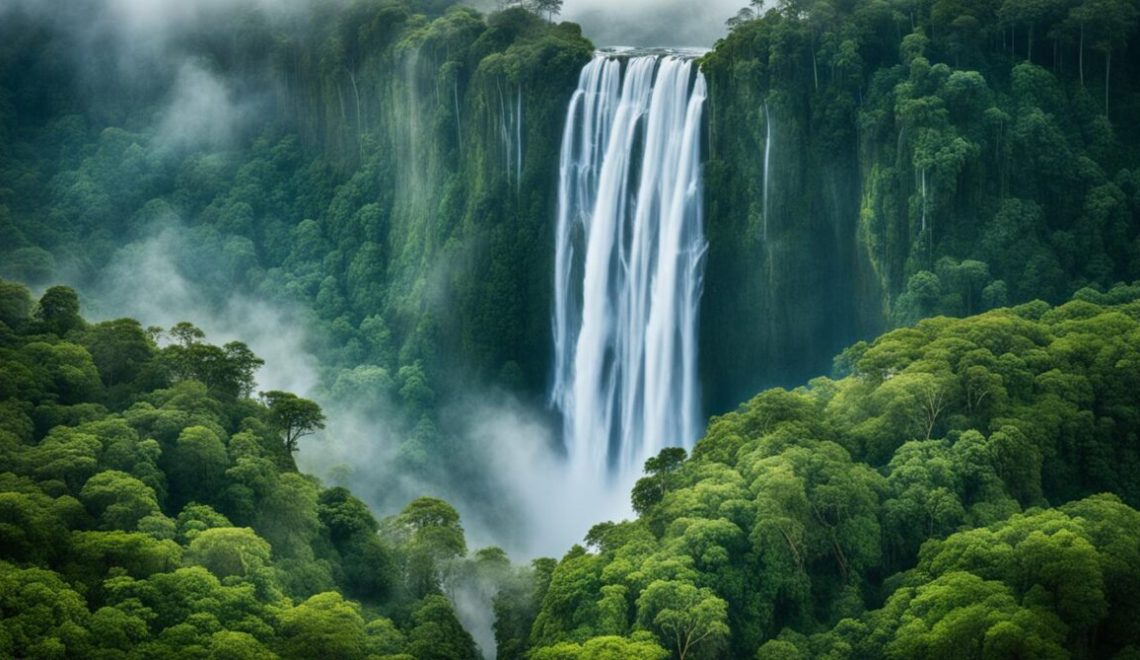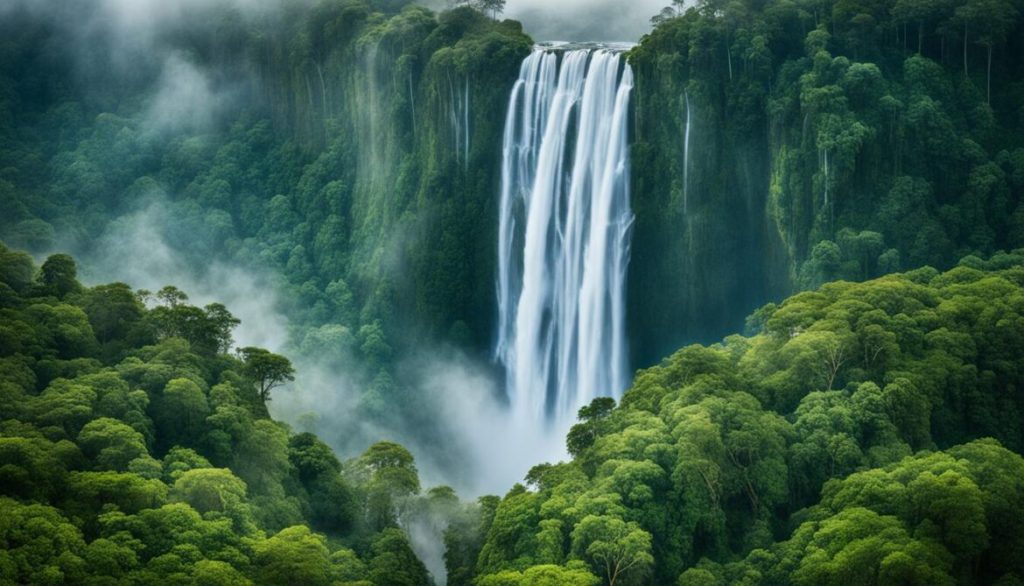Cultural Beliefs Around Forest and Conservation in Guyana: A Unique Blend of Tradition, Biodiversity, and Responsibility


Guyana’s rich cultural beliefs surrounding its forests are deeply rooted in respect for nature, spiritual connection, and sustainable practices that have guided generations. From ancient Indigenous practices to modern conservation efforts, these beliefs shape Guyana’s environmental stewardship, sustaining its abundant flora and fauna while preserving cultural traditions. In this blog, we’ll delve into the unique cultural significance of Guyana’s forests, explore the customs and beliefs of Indigenous and local communities, and discuss how they intersect with modern conservation initiatives.
1. Guyana’s Forests: More Than Just Trees
Guyana’s forests cover over 87% of the country and are part of the Amazonian biome, containing some of the richest biodiversity on the planet. These forests aren’t just ecological treasures; they are an essential part of local culture and heritage. Indigenous groups, who have lived in these forests for centuries, see themselves as caretakers rather than mere inhabitants, treating the forests with reverence and respect.
Visit The Hidden Gems of Essequibo, Guyana to discover some of Guyana’s lesser-known forest destinations, rich in biodiversity and natural beauty.
2. Spiritual Connection to the Land
For Indigenous Guyanese communities, the forests represent more than physical space; they’re spiritual realms filled with ancestral spirits and wisdom. Many believe that spirits inhabit certain trees and rivers, and thus maintain these areas with sacred practices. These beliefs often restrict certain activities, like hunting or deforestation, to ensure respect for the spiritual inhabitants of the land.
When planning your visit to Guyana, consider joining a tour led by local guides to gain insight into these spiritual practices. Explore available tours and experience the forest from an authentic, cultural perspective.
3. Traditional Conservation Practices
Local communities practice conservation techniques that are integral to Guyanese culture. For instance, slash-and-burn agriculture is often practiced sustainably, with periods of crop rotation and forest regeneration. Traditional hunting methods also respect the balance of local wildlife populations. These practices showcase the community’s long-standing commitment to sustainable living, which complements the principles of eco-tourism.
If you’re interested in eco-tourism, learn more about why Guyana is an ideal destination in our blog on Eco-Tourism Enthusiasts.
4. Modern Conservation Efforts and Cultural Alignment
Guyana’s dedication to protecting its forests goes beyond Indigenous traditions; the country has a national policy commitment to forest conservation and sustainable development. In partnership with organizations like the United Nations and Norway, Guyana has established frameworks for protecting its forest resources and ensuring long-term biodiversity.
Guyana’s commitment to environmental sustainability was recently highlighted in Wildlife in Guyana’s Rainforest: A Journey Through Nature’s Hidden Paradise, a look into the unique wildlife inhabiting these forests.
5. The Role of Forests in Guyanese Celebrations and Beliefs
Many Guyanese festivals and rituals celebrate nature, symbolizing gratitude for the forest’s gifts and its place within their lives. For instance, during Mashramani and Phagwah festivals, people celebrate life and nature, embodying the communal belief in harmony with the environment.
Learn more about the Mashramani Festival and Phagwah Festival, where communities come together to celebrate these connections with nature.
6. Guided Eco-Tours: Experience Guyana’s Forests Firsthand
For visitors who want to experience the forests of Guyana, guided eco-tours offer a sustainable way to explore while learning about local customs and conservation. These tours allow tourists to understand the significance of these forests, including the importance of respecting nature and leaving minimal impact on the environment.
Check out some popular Eco-Tour Packages and see how you can experience Guyana’s commitment to conservation through guided explorations.
7. The Importance of Conservation for Guyana’s Future
As global environmental challenges increase, Guyana’s forests play a crucial role in carbon sequestration and biodiversity conservation. The collective efforts between local beliefs, government policies, and eco-tourism ensure that these forests can be preserved for future generations.
Discover why Investing in Guyana is beneficial not just for the economy but also for preserving its natural resources.
Final Thoughts
Guyana’s forests offer more than stunning landscapes; they are places of spiritual, cultural, and ecological importance that contribute to the country’s identity and sustainability efforts. Whether you’re exploring the beautiful rainforests of Essequibo or learning about the conservation practices of Indigenous communities, every journey through Guyana’s forests is a journey through the heart of its culture.
For those looking to connect deeply with nature and understand the unique cultural beliefs surrounding conservation, Guyana provides an unforgettable experience, blending tradition with sustainable progress.
Visit GetYourGuide To Find More Tours Plan.

I am really inspired along with your writing skills and also with the format in your weblog.
Is that this a paid subject matter or did you modify it
your self? Anyway keep up the excellent high quality writing, it
is uncommon to look a nice blog like this one nowadays. Instagram Auto follow!